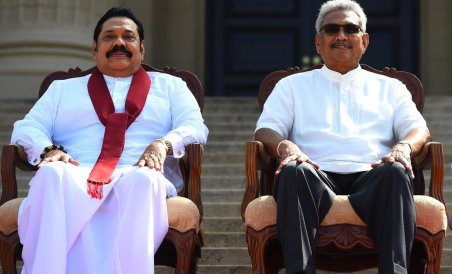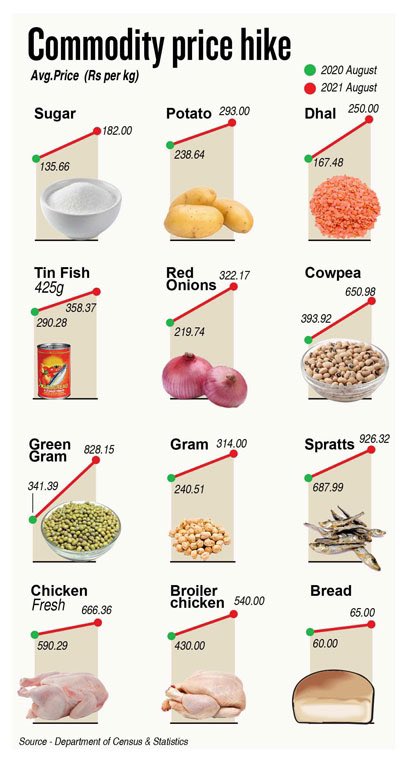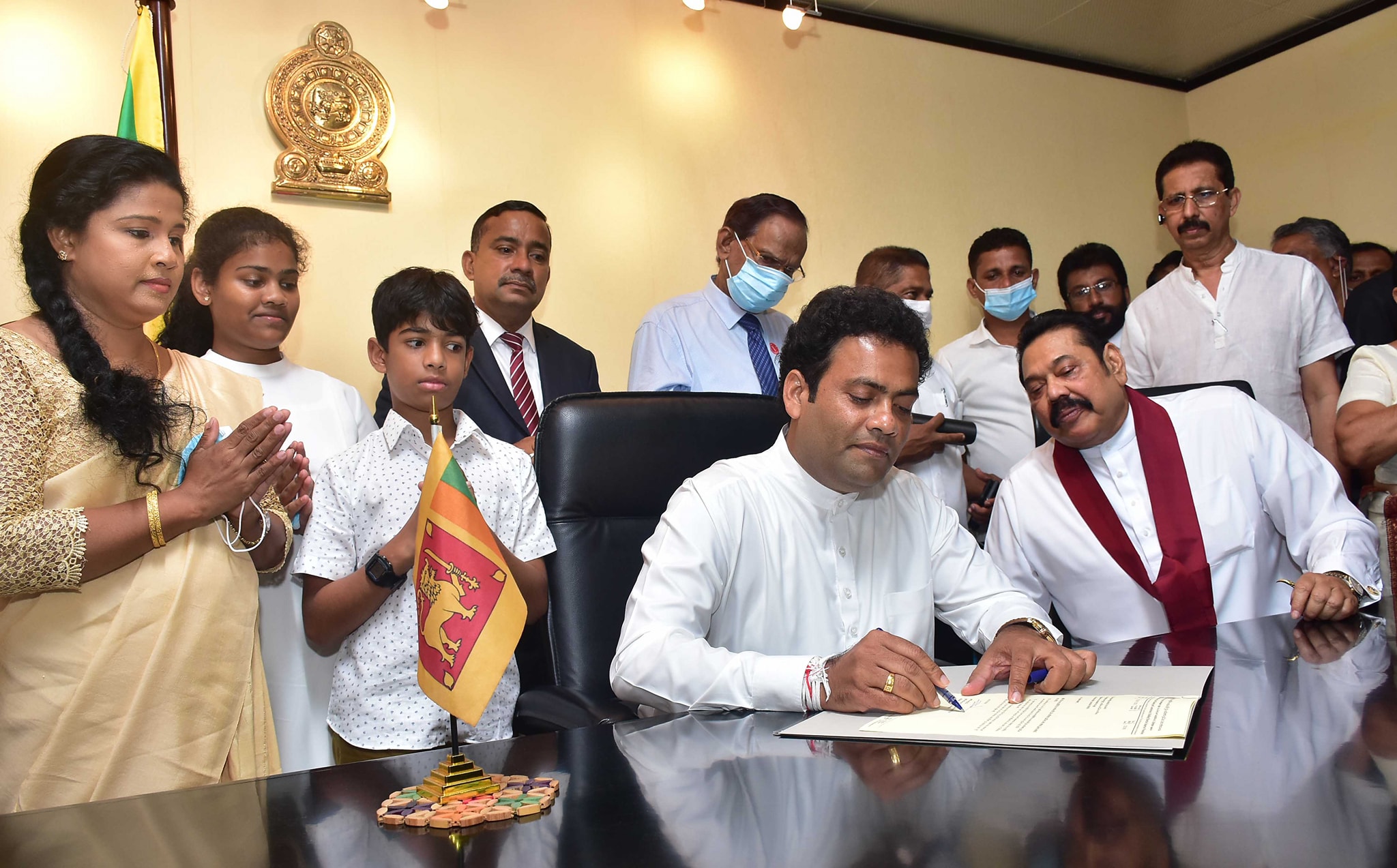
Controversial emergency regulation in response to Sri Lanka's food shortages were passed yesterday with a vote of 132 for and 51 against.
The regulations will enable the military to seize stock from traders, who they alledge are hording products, and transfer them into state establishments where they will be sold at government-mandated prices.
Militarisation

The Rajapaksa has further entrenched miltiary conotrol over the state through the appointment of former army general MDSP Niwunhella to the position of Commissioner General of Essential Services. His role will be to coordinate the supply of paddy, rice, sugar, and other consumer goods.
Despite the ongoing crisis, Sri Lanka’s director of information has continued to deny that the country was facing food shortages despite the spike in prices in essential food items.
Sri Lankan agricultural minister, Mahindananda Aluthgamage, has denied that state of emergency was an act of militarisation claiming that it was solely done for the provision of essential goods at a concessionary price. Had he wanted to militarise the country, the minister claimed, he would have used it to supress the recent surge in protests across Sri Lanka.
His statements follow a damning report by Human Rights Watch which detailed a surge in police abuses in Sri Lanka during the pandemic which include arbitrary arrests, police brutality, torture, and extra judicial killings.
Sri Lanka's economic crisis

Image courtesy of Sunday Times
The Minister further claimed that Rajapaksa's poor economic governance was not to blame for the sudden food shortages and spikes in prices but rather a rice and sugar mafia who have been manipulating the markets.
Sri Lanka has struggled to import food due to private banks running out of foreign exchange reserves to finance imports. Rajapaksa's tax cuts have slashed tax revenues by approxiately a quater and in the previous year the country's economy economy shrank by a record 3.6 per cent in 2020.
In the past year, the government banned imports of vehicles and other items, including edible oils and turmeric, an essential spice in local cooking, in a bid to save foreign exchange. This move however has been widely criticised due to spike in prices.
By July 2020 Sri Lanka's foreign reserves had plummeted from $7.5 bn in November 2019 to $2.8 bn. The ruppee had lost over a fifth of its value against the US dollar across this period.
A dictator like Rajapaska

State minsiter, Indika Anuruddha, went further in his praise for Rajapaksa claiming that dictatorial controls were needed to deliver for the country and that the opposition had always viewed President Rajapaksa as a dictator. He further alleged that opposition was purely theatrical due to the success of the President in delivery on his commitments.
